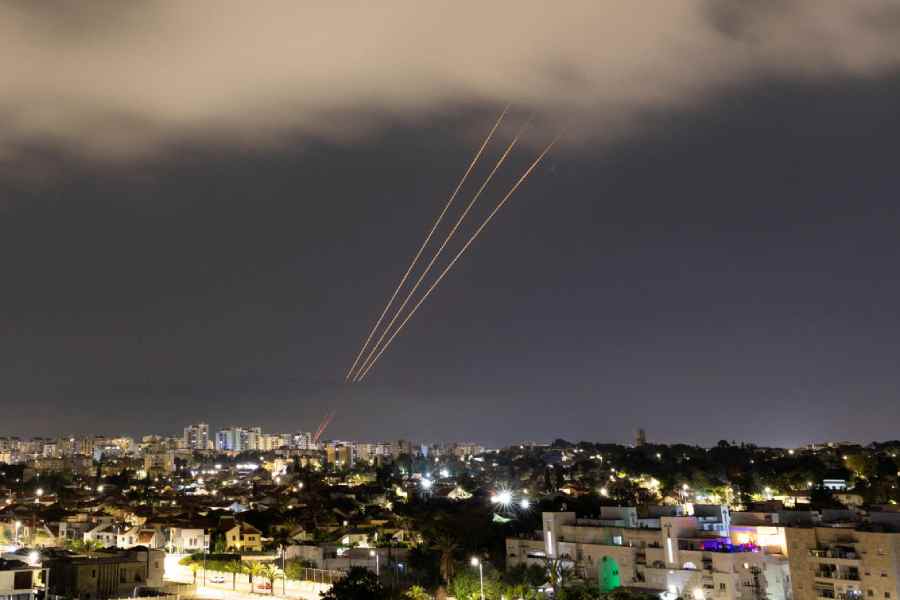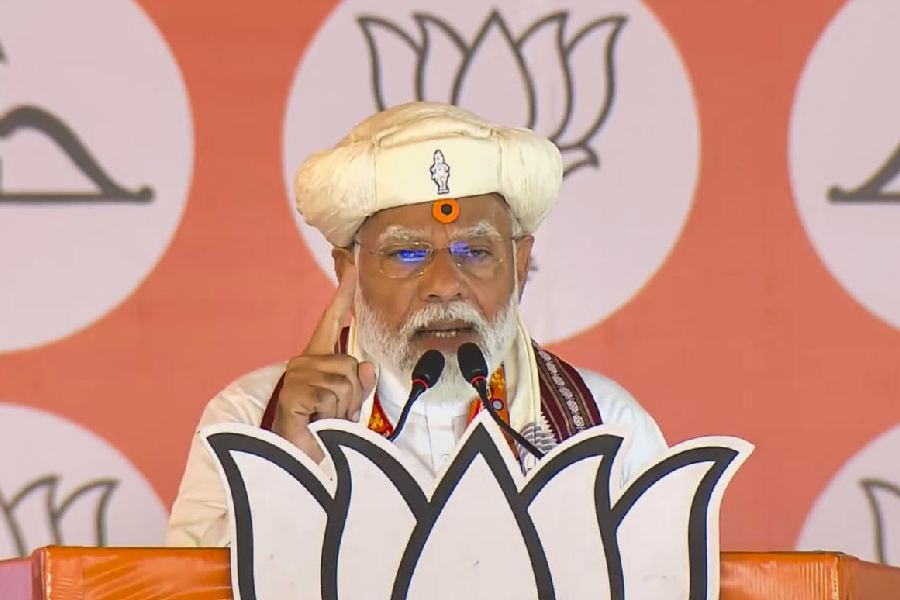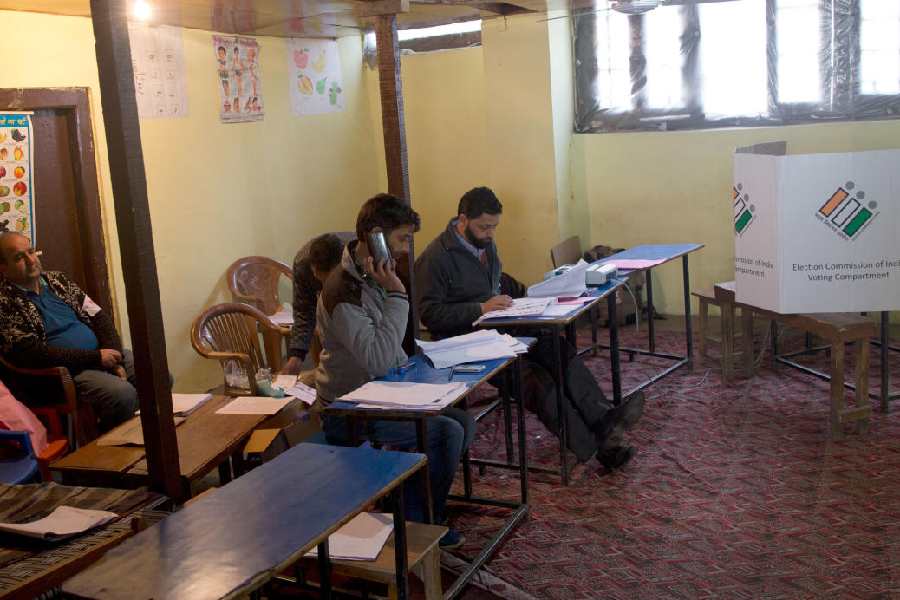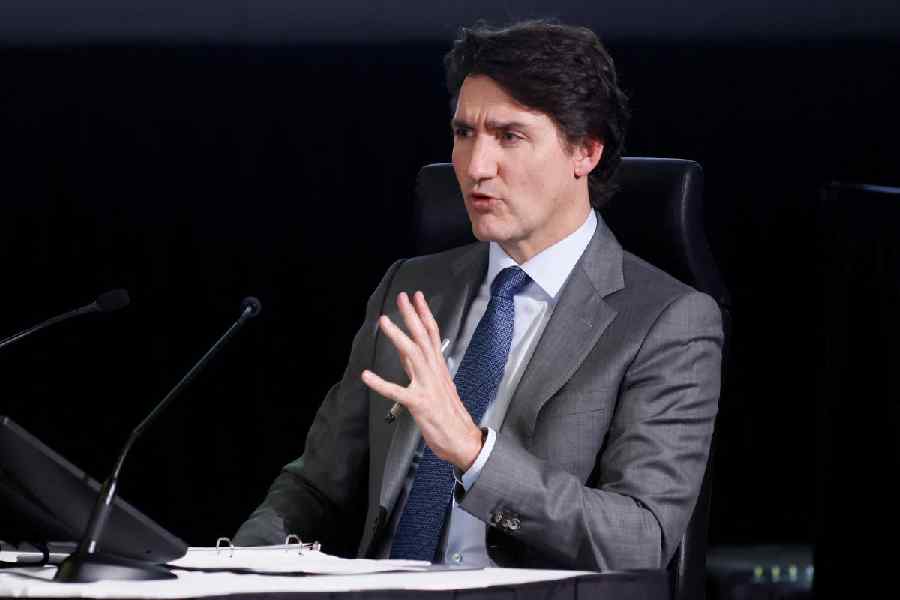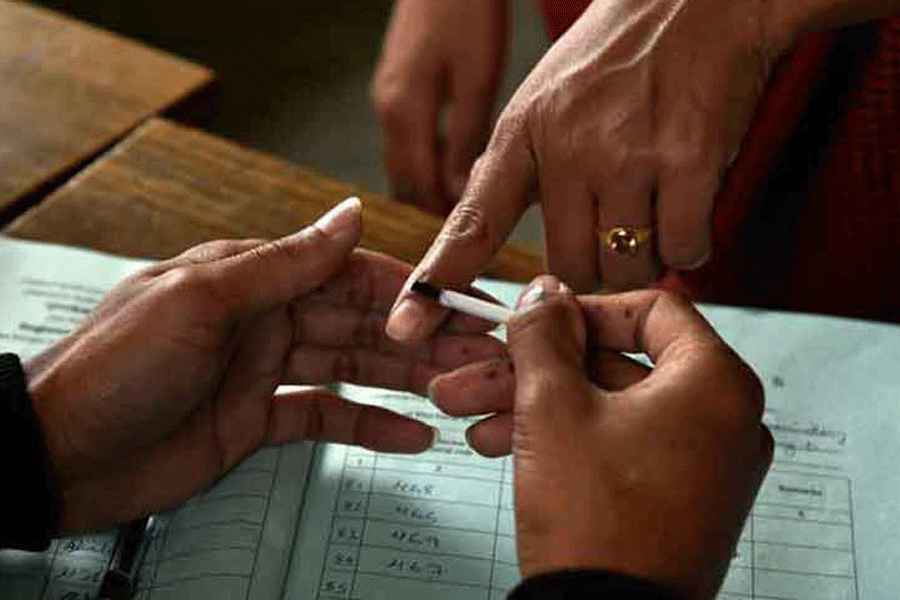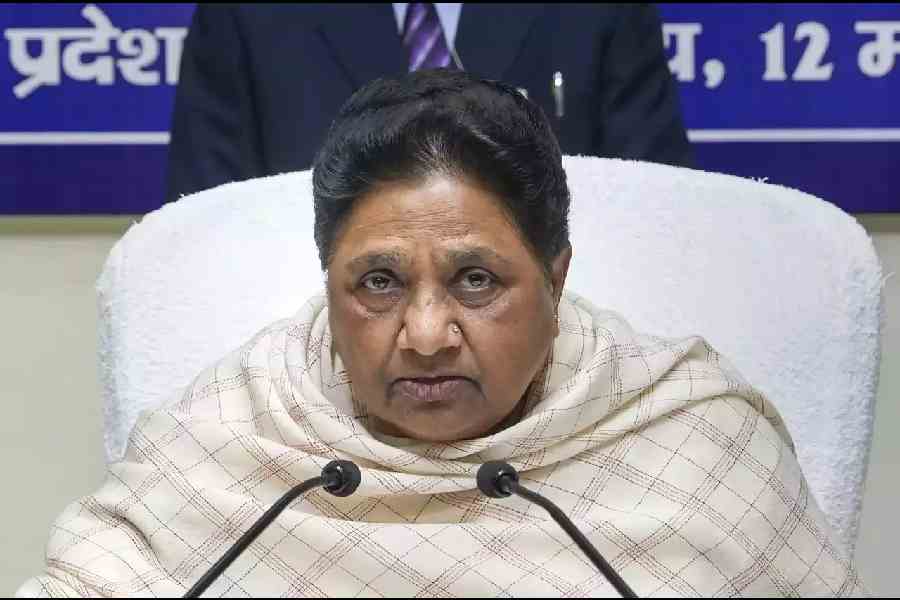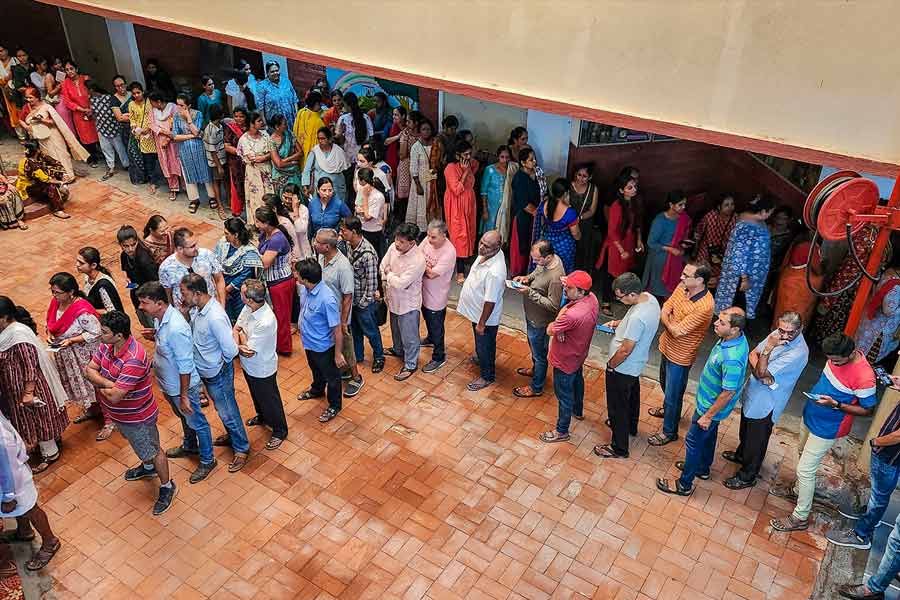Israel’s war cabinet was set to meet on Sunday afternoon, officials said, hours after Iran fired hundreds of exploding drones and missiles in what was believed to be its first direct attack on Israel after years of a shadow war.
Nearly all of the volleys were intercepted, and those that made impact caused only minor damage, Israeli military officials said. The US said it had shot down dozens of the drones and missiles, a significant show of support for its ally despite widening divisions over Israel’s conduct of the war in Gaza.
Iran’s attack, a retaliation for airstrikes on an Iranian Embassy building in Syria
on April 1, was not unexpected. The question now is how Israel will respond.
Two Israeli officials said some war cabinet members had urged a retaliatory strike, but that was called off after Prime Minister Benjamin Netanyahu of Israel spoke by phone with President Joe Biden on Saturday, and because the strikes caused relatively minor damage. The officials did not elaborate on the contents of the call between the leaders. Israel’s defence minister, Yoav Gallant, said early Sunday that the confrontation with Iran was “not over yet”.
For decades, Israel and Iran have fought a shadow war across West Asia, trading attacks by land, sea, air and in cyberspace.
The barrage of drones and missiles Iran launched at Israel on Saturday marked a watershed in the conflict.
It was the first time that Iran directly attacked Israel from its own territory, according to Ahron Bregman, a political scientist and expert in West Asia security issues at King’s College in London, who called it an “historic event”.
Iran has largely used foreign proxies such as Lebanon’s Hezbollah militia to strike Israeli interests, while targeted assassinations of Iranian military leaders and nuclear scientists have been a key part of Israel’s strategy. Here is a recent history of the conflict:
August 2019: An Israeli airstrike killed two Iranian-trained militants in Syria, a drone set off a blast near a Hezbollah office in Lebanon and an airstrike in Qaim, Iraq, killed a commander of an Iran-backed Iraqi militia. Israel accused Iran at the time of trying to establish an overland arms-supply line through Iraq and northern Syria to Lebanon, and analysts said the strikes were aimed at stopping Iran and signalling to its proxies that Israel would not tolerate a fleet of smart missiles on its borders.
January 2020: Israel greeted with satisfaction the assassination of Maj. Gen. Qassim Suleimani, the commander of the foreign-facing arm of Iran’s Islamic Revolutionary Guards Corps, in an American drone strike in Baghdad.
Iran hit back by attacking two bases in Iraq that housed American troops with a barrage of missiles, injuring about 100 US military personnel.
2021-22: In July 2021, an oil tanker managed by an Israeli-owned shipping company was attacked off the coast of Oman, killing two crew members, according to the company and three Israeli officials. Two of the officials said that the attack appeared to have been carried out by Iranian drones.
Iran did not explicitly claim or deny responsibility, but a state-owned television channel described the attack as a response to an Israeli strike in Syria.
In November 2021, Israel killed Iran’s top nuclear scientist, Mohsen Fakhrizadeh, and followed up with the assassination of a Revolutionary Guards commander, Col. Sayad Khodayee, in May 2022.
December 2023: After Israel’s bombardment of Gaza began in response to the October 7 Hamas-led attacks, Iranian-backed militias stepped up their own attacks. Late last year, Iran accused Israel of killing a high-level military figure, Brig. Gen. Sayyed Razi Mousavi, in a missile strike in Syria.
A senior adviser to the Revolutionary Guards, General Mousavi was described as having been a close associate of General Suleimani and was said to have helped oversee the shipment of arms to Hezbollah. Israel, adopting its customary stance, declined to comment directly on whether it was behind General Mousavi’s death.
January 2024: An explosion in a suburb of Beirut, Lebanon, killed Saleh al-Arouri, a Hamas leader, along with two commanders from that group’s armed wing, the first assassination of a top Hamas official outside the West Bank and Gaza in recent years. Officials from Hamas, Lebanon and the US ascribed the attack to Israel, which did not publicly confirm involvement.
Hezbollah, which receives major support from Iran, stepped up its assaults on Israel after al-Arouri’s death. Israel’s military hit back at Hezbollah in Lebanon, killing several of the group’s commanders.
March and April: An Israeli drone strike hit a car in southern Lebanon, killing at least one person. Israel’s military said it had killed the deputy commander of Hezbollah’s rocket and missile unit. Hezbollah acknowledged the death of a man, Ali Abdulhassan Naim, but did not provide further details.
The same day, airstrikes killed soldiers near Aleppo, northern Syria, in what appeared to be one of the heaviest Israeli attacks in the country in years. The strikes killed 36 Syrian soldiers, seven Hezbollah fighters and a Syrian from a pro-Iran militia, according to the Syrian Observatory for Human Rights, a British-based group that tracks Syria’s civil war.
Israel’s military did not claim responsibility. But the country’s defence minister, Yoav Gallant, wrote on social media: “We will pursue Hezbollah every place it operates and we will expand the pressure and the pace of the attacks.”
Three days later, strikes on an Iranian embassy building in Damascus killed three top Iranian commanders and four officers, an attack Iran blamed on Israel.
New York Times News Service

